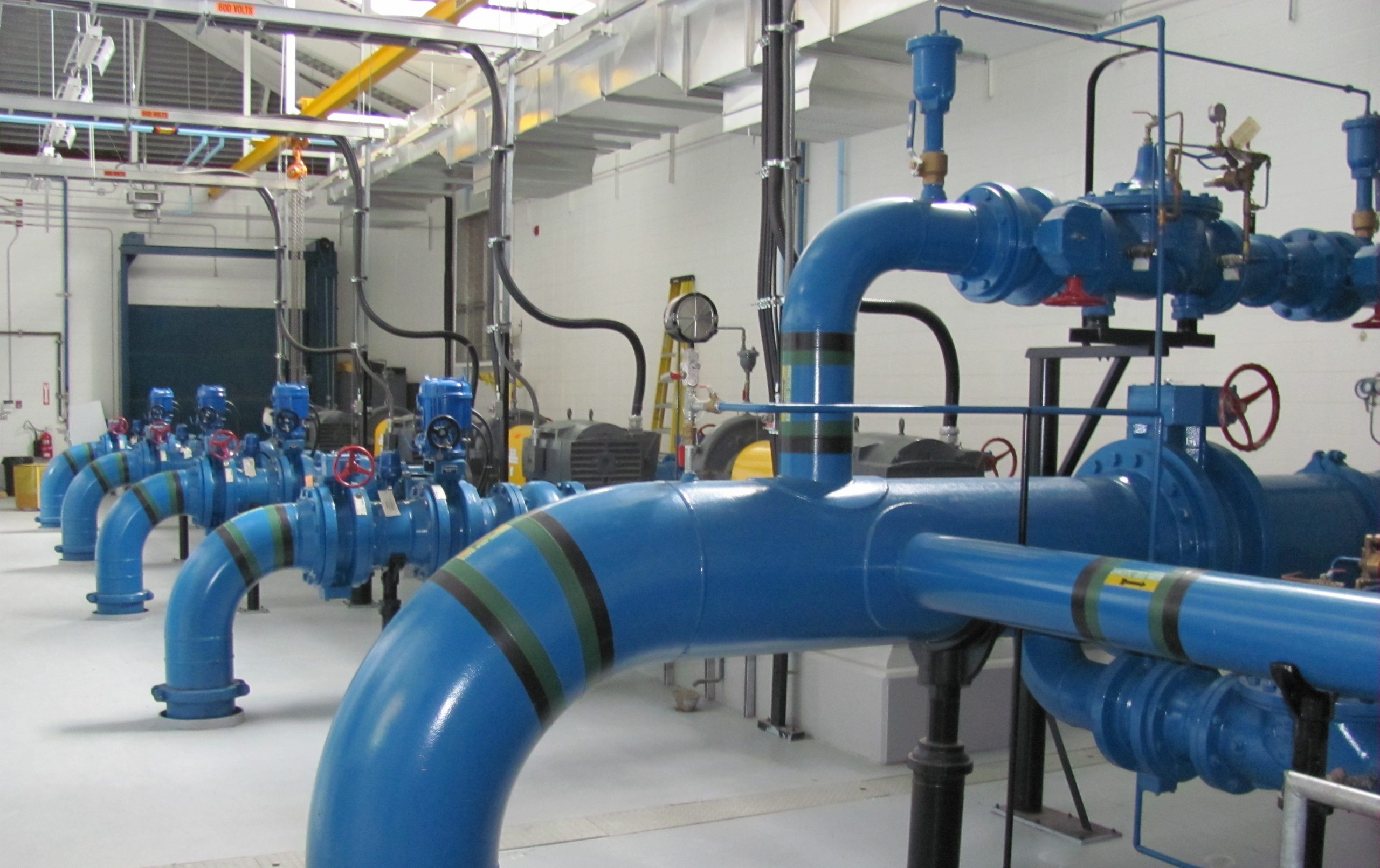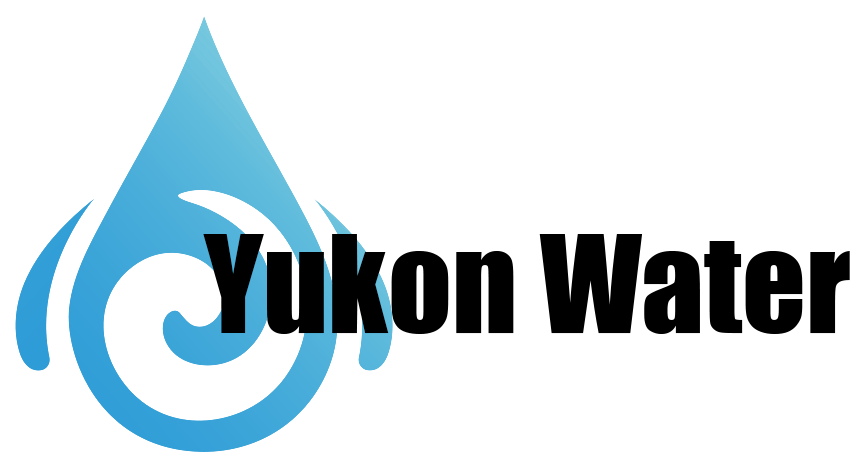
Maintain and Improve Access to Safe Drinking Water
Residents across Yukon want drinking water supplies that are clean, secure, and reliable. Accordingly, Yukon government (YG) has made the maintenance and improvement of access to safe drinking water supplies a top priority of the Yukon Water Strategy and Action Plan. Drinking water is typically delivered to communities in Yukon by conventional piped-conveyance systems or by truck. All large public drinking water systems in Yukon are subject to routine sampling and testing for both chemical parameters and bacteria, as per the Drinking Water Regulation that was passed in 2007 under the Public Health and Safety Act.
Regulatory Roles and Responsibilities for Drinking Water
Ensuring that residents of Yukon have access to safe drinking water supplies is primarily the collaborative responsibility of the following three YG departments:The Department of Health and Social Services
The Department of Health and Social Services operates an accredited water quality laboratory for bacteriological testing, which is a service that can be used by drinking water operators and private well owners at no cost. Clients further receive assistance with their testing and interpretation of results through the Department’s Environmental Health Services section. Visit the YG Health and Social Services Drinking Waterpage to learn more.
The Department of Communities Services
Public drinking water systems in unincorporated communities are operated by the Department of Community Services, who hold the responsibility to monitor the results of pertinent sampling and analyses. Visit the YG Community Services Water Management page to learn more.
The Department of Highways and Public Works
Information related to bacteriological water quality for all Yukon government-owned buildings that are not serviced by a public drinking water system are tracked by the Department of Highways and Public Works.
The Department of Environment, Department of Energy, Mines, and Resources, and the Yukon Water Board are also important regulators that safeguard drinking water sources. Generally, these departments and agencies are collectively responsible for monitoring the quality of surface water and groundwater and ensuring that anyone using water or discharging into water does so by following standards set out in water licences, thereby protecting the quality of drinking water sources.
The National Collaborating Centre for Environmental Health provides further details regarding regulatory roles and responsibilities for drinking water in Yukon in its summary document titled “Small Drinking Water Systems: Who Does What in the Yukon?” (PDF 92 KB).
What steps is Yukon government taking to maintain and improve access to safe drinking water?
YG is advancing this priority area by investing in community drinking water system infrastructure, by focusing on better protection of drinking water sources, and by enhancing its education and outreach activities. Accordingly, YG has committed to a number of related actions as part of the Yukon Water Strategy and Action Plan, all of which fall under the following four broad areas of work:
- Foster stronger working relationships with other governments and agencies involved with drinking water sources in Yukon;
- Enhance opportunities for education, training and access to information;
- Evaluate drinking water use and efficiency; and
- Ensure regulatory programs meet public need for safe drinking water.
YG has already made significant investments in community drinking water systems to ensure they meet the standards established in the Drinking Water Regulation, such as the more than $18 million that has been spent on water treatment plants for unincorporated communities over the past five years and the $150,000 that is currently being provided to Yukon College to ensure Yukon trains the professionals that are needed to keep water and wastewater treatment plants operating safely.
See the Yukon Water Strategy and Action Plan (English / Français) to learn more about the actions YG is taking in to maintain and improve access to safe drinking water in Yukon.
